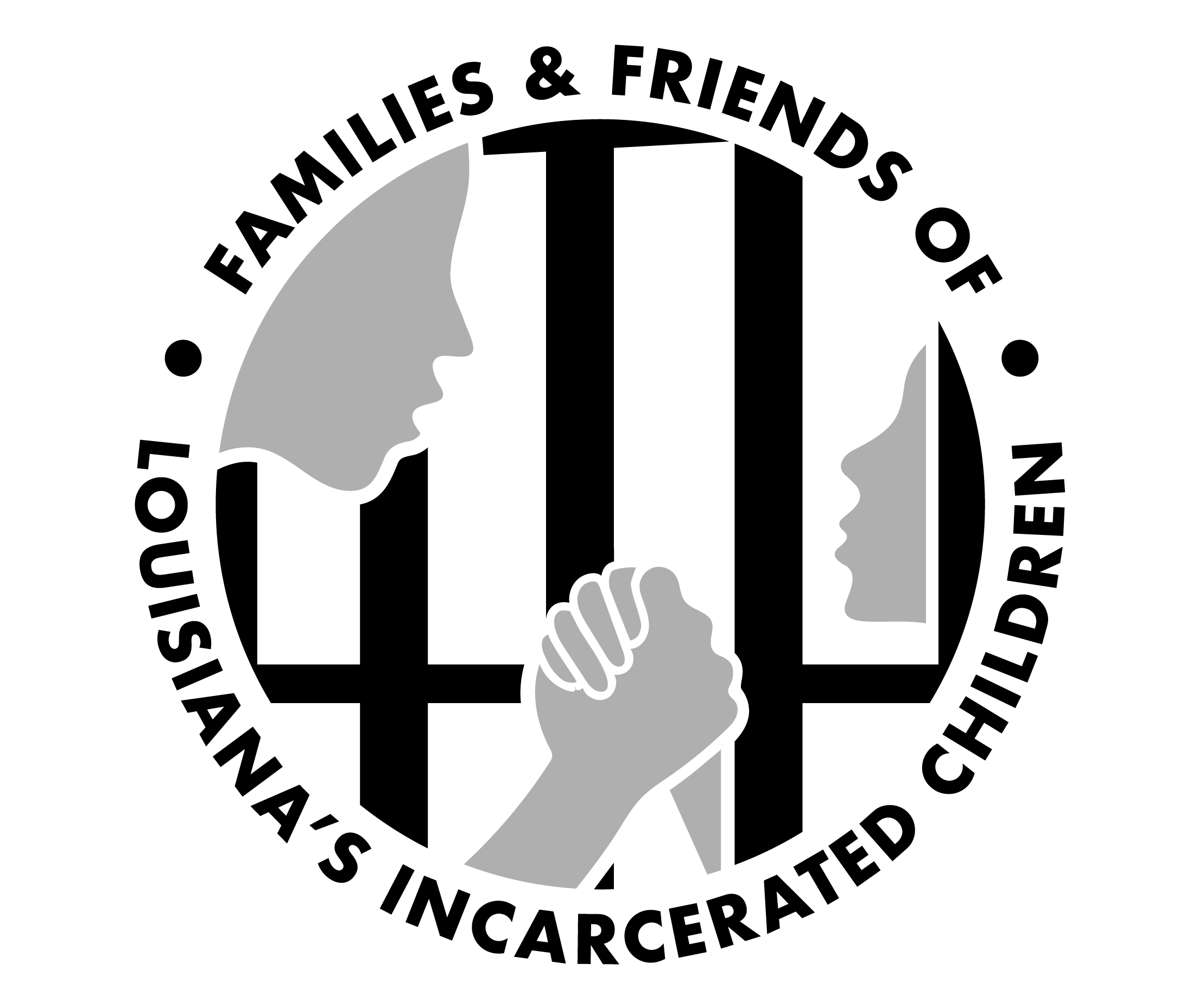I normally live in East Baton Rouge in Baker, with my sister. She took me in and raised me after my mother passed away when I was a child. I’ve been in Bridge City Center for Youth (BCCY) since about April 2022 and I’m assigned to the “Liberty” dorm.
When I was younger I used to take medication for behavior problems. The name of the medication was Adderol, but I don’t remember my diagnosis.
Before I was here, I was placed in a mental health facility on at least two different occasions. I stayed about a week each time because of a mental health crisis.
I am currently attending Riverside Alternative School at BCCY, and I am in tenth grade. We go to school five days a week in person. Sometimes we do work on a computer, but a teacher is in the room. I believe I am earning high school credits in my classes at BCCY. I failed sixth grade.
I learned about the plan to move youth from BCCY to Angola from the news. I was shocked and confused when I learned I was one of the youth being moved because I do not believe I have done anything that makes me deserve to be put in Angola. The youth in my dorm are scared, and no one wants to be moved to Angola. I have never tried to escape from BCCY or any other facility.
– Brian B.
Brian B is eighteen years old, and currently in the custody of Louisiana’s Office of Juvenile Justice (OJJ). The above is a revised version of the statement he offered in the case of Alex A. v. Edwards, the federal class-action lawsuit that attempted to stop children in OJJ’s youth prisons from getting transferred to Angola, the adult facility at the Louisiana State Penitentiary. Unfortunately, even though the state had promised that it would use Angola to temporarily house a very small population, OJJ housed between 70 and 80 teenagers there between July of 2022 and September 2023.
The testimony of Brian B is heartbreaking, and there are so many more like him. No child should ever face the horrors of Angola, a former plantation for enslaved Africans– and certainly no child who is clearly in need of additional support– whether it be educational or mental health services. Yet we know that 73% of incarcerated youth in Louisiana have mental health challenges. We also know that 60% of Louisiana’s incarcerated youth have repeated a grade and 77% are eligible for special education accommodations. This is why Brian B’s testimony is so important. He represents the many kids in Louisiana who are traumatized and struggling in schools and in life. Sadly, instead of receiving the care and education they need, our state leaders simply lock them up and create more trauma.
Instead, we must invest in a holistic model of care that provides youth with education, mental health services, rehabilitative supports, and opportunities outside of prison walls. We need to help our youth become contributing members of our community by investing in prevention and rehabilitation, instead of further traumatizing them. We need trauma-informed schools with culturally competent curriculums and access to mental healthcare.
We must recommit to a complete transformation of our youth justice system, as was previously promised by Act 1225 in 2003 when we were seeing many of the same systemic failures in OJJ. Our state leaders have let us down by not carrying out those reforms. We need a continuum of care that provides supports for youth and families, focuses on front-end services, and offers alternatives to incarceration. To learn more about Act 1225 as a blueprint for reform click here.



